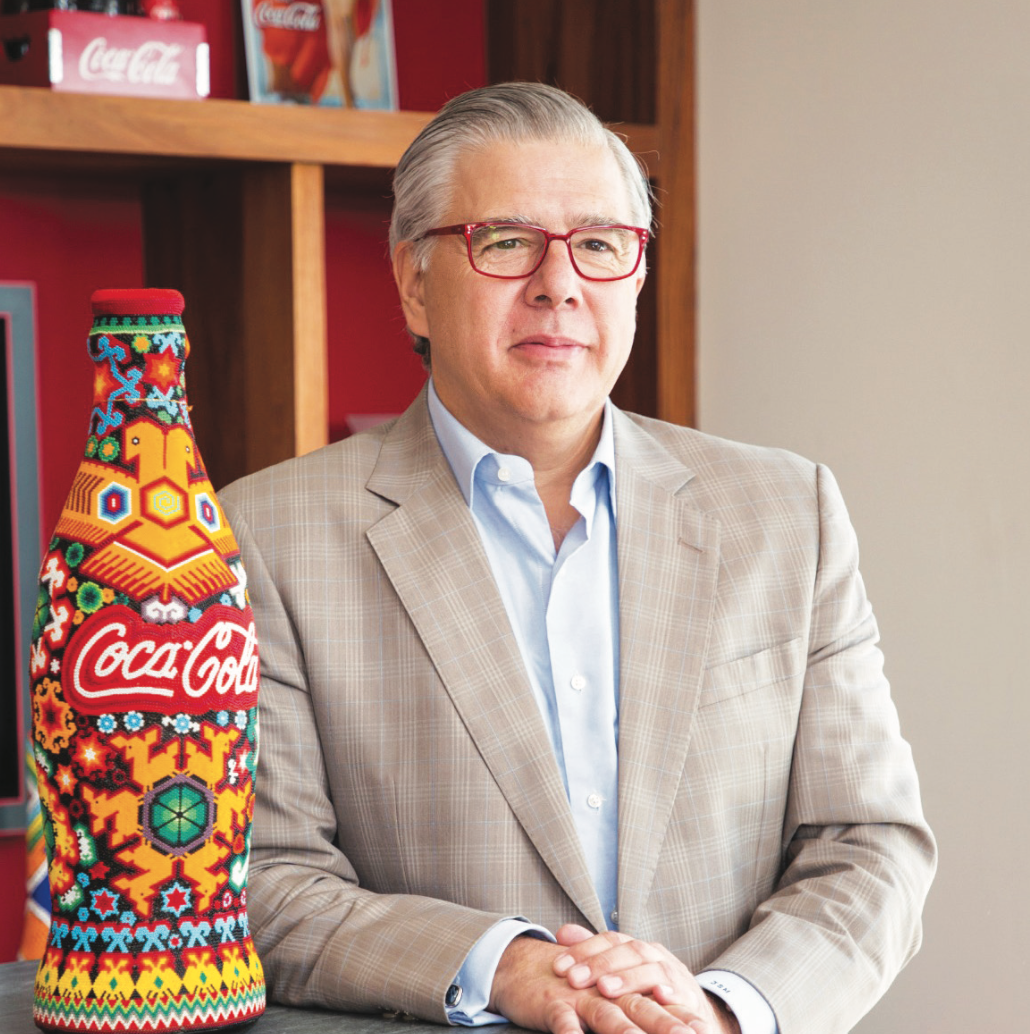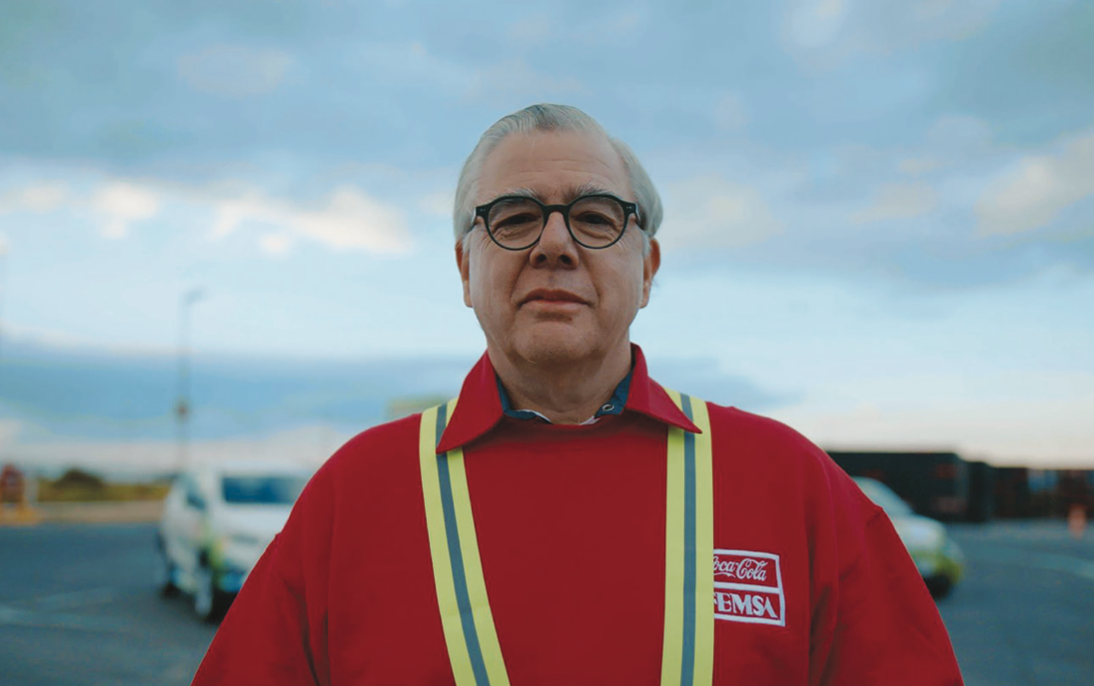Lessons From a Global CEO
As chief executive officer of Mexico-based Coca-Cola FEMSA, John Anthony Santa Maria Otazua has embarked one of the biggest missions of his four-decade career in the soft drink industry.
JOHN SANTA MARIA is guiding the transformation of the world's largest bottler of Coca-Cola products into a digital platform able to fulfill orders "any place, any time" for its Latin American customers. "We are going from retail trade, being serviced by specific companies, to retailers being serviced by platforms and that is a huge, huge disruption for Latin America," Santa Maria said. However, he expects that two or three years down the road, that these new ways of buying, shopping and selling will engulf Latin America.
In 18 months, Coca-Cola FEMSA has gone from zero of its 1,900,000 clients on an omni-channel platform to 700,000 in the ten countries in its franchise. Santa Maria projects this platform will have two million accounts as well as other services in three years. The company's transition, he said, is bolstered by its strong customer relationships, its vision and the partnership of the Coca-Cola company.
Santa Maria’s leadership is fueled by his devotion to keeping abreast of his industry and trade trends. Essentially, he bridges the problematic divide between young people native to the digital world and people who are in a risky situation because of the lack of these capabilities.
What has driven Santa Maria's development as a company leader are the values fostered by his multi-national and bilingual family while he grew up in New York City, where he was born, and New Jersey and Mexico.
His parents were immigrants, with his father Spanish and his mother of Spanish and Mexican descent. He describes their contribution as "an equation of competitiveness, sensitivity and frugality, as well as valuing achievement and not having a sense of endowment – earn it."
Santa Maria said his parents also taught him the value of being humble. As CEO, he regularly visits frontline employees, a time which he says is precious. "Being able to listen and act and to see something come out of it is an enormous part of why you are successful," he said. Moreover, this interaction gives workers the confidence that allows them to get more empowered and engaged in what they are doing.
A key point in Santa Maria’s took place when his father took a job in Mexico City. The future CEO graduated from the American School and then went to Southern Methodist University in Dallas where he studied business administration and finance. He returned to Mexico to work with 3M company where after a year he was asked to become vice president of marketing, an assignment well-suited to his interests. However, his father suggested he would have greater opportunities if he got an MBA, which he did at SMU.
With the graduate degree in hand, he worked at McKinsey and Company and then spent 13 years at PepsiCo which included a stint in London. Santa Maria returned to Mexico and became new business development and strategy director. "We started developing all the returnable plastic bottles which was an innovation in the industry," he said.
In 1995, Santa Maria joined Coca-Cola FEMSA as chief operating officer for Mexico. In 2014, he became CEO. "What I look to do is to be in every corner of our operation, know every warehouse we have, and every plant, this is the only way you know how competent your organization is." Moreover, knowing what is behind the numbers enables him to understand "what selling soft drinks is all about."
At Coca-Cola FEMSA the numbers include 1.9 million customers and 900,000 transactions every day at the point of sale. "We started off with half of what we now have in Mexico and a subsidiary in Argentina, he said, "and we tripled the size of the business covering a third of Latin America to become the leading bottler within the Coca Cola system." The company reaches those customers at least twice a week which enables it to design a commercial system that understands where that customer is and what kind of promotions are needed. While distribution is relatively concentrated in Mexico City there are routes that run two hours to the tops of mountains and very rural areas. There also are challenges in different markets, different countries, different cultures," he said. There can be bumps in the road, and Santa Maria said "sometimes you have to understand what is economically feasible and what is not. However, you don't stop, you learn, and you keep pushing forward, you try to succeed."
Santa Maria's advice to young executives is: "Don't think about your career, think about doing the right thing for your business, the career part will come." The need to keep updated and trained is a trait that Santa Maria advises for young executives. "That is your responsibly not the company's," he added. He also suggests, "Do what you enjoy doing, something where you can make a difference. This is something you are going to do for the rest of your life so you better be doing some- thing you like." he said.
Santa Maria is devoted to giving back to society and to his community. "There is a lot of things we are involved with that goes beyond business," he said. But what he enjoys the most is something he learned growing up, which is the importance of family and of building people, especially children. He has four. "This is probably the biggest life's job and responsibility," he said, "and if you are successful about it, you have done a great job."


